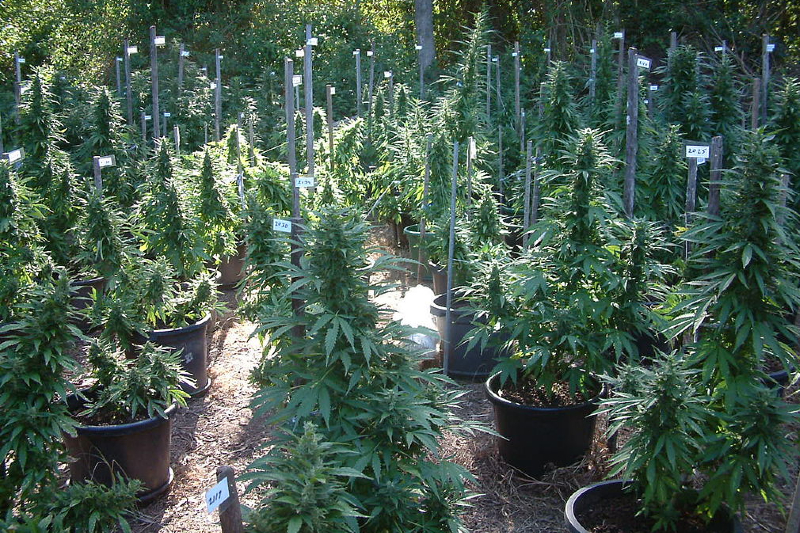In the first major study of opiate use amongst current and former NFL players in 2011, surveyors found that over half of used opioids during their NFL career and 71% reported misuse of drugs. Additionally, 15% of players admitted to current misuse versus only 5% who said they used painkillers “just as prescribed” during their playing time.
In response, a growing chorus has turned into a clarion call among current and former players to enable alternatives to opiate use, namely via cannabis derivatives. More than ten years after the movement began, the NFL announced last week that the league will provide $1 million for research into cannabinoids for pain management. Chosen from over 106 proposals, the money will be split between two studies. Medical researchers at the University of California San Diego will investigate the effects of cannabinoids on pain management and a medical team at the University of Regina in Saskatchewan will study its impact on neuroprotection from concussion in elite football players.

Athletes for CARE, a nonprofit organization advocating for the health and wellness of not only former players, but for all people playing sanctioned sports, celebrated the decision, but stated it hopes that this is only a first step.
“It is especially promising that the research is focused on pain management and as a neuroprotection,” the organization said in a statement. “These are two issues athletes from many high impact sports face for the rest of their lives. We hope this is only the beginning of the investment in finding a solution for athletes as well as anyone who has suffered a traumatic brain injury or has long-term pain to manage.”
Former player Marvin Washington, a board member for Athletes for CARE, wants to turn away from addictive chemicals for the health of his peers in the football brotherhood.
“CBD is used by my former compadres as an alternative to diazepines, which are basically poison,” Washington said. “They’re addictive. There are 20,000 former NFL players and they’re four times more likely to abuse than general society.”
Todd Herremans, a founding member of Athletes for CARE and a former player, has a unique perspective on cannabis use after having been in the league’s substance program three times in his career for brushes with marijuana.
“It was eye-opening after I tested positive and got put into the drug program,” Herremans said. “I started to abuse alcohol more frequently and take more pills. It promoted a harsher lifestyle as it was more accessible to me when I was not allowed to use cannabis.”
Related Guides
Cannabis is still a banned substance in the NFL, although the policy around using marijuana was loosened in the last collective bargaining agreement because of the advocacy work from past players like Washington and Herremans.
Under this recent labor deal, players testing positive for marijuana are fined based on the number of positive tests as opposed to being suspended. The timing of testing was reduced to the first two weeks of training camp instead of from April to August and the amount of marijuana necessary to produce a positive test was raised by four times. This is a slow, yet steady return to a more natural remedy to pain, Washington said.
“Nobody is using it to get high. They’re smoking to feel better,” Washington said. “We’ve been on the opiate path for the past 70 years. Before that, though, cannabis was the most prescribed medicine in the country. As humans, we’ve used plant-based medicine for thousands of years, from shamans to village doctors. This is the new road to get back to the old.”
The research projects will take three years to complete. Washington sees this as a positive first measure in a path that the NFL needs to continue down.
“This is a step in the right direction,” Washington said. “But we’re talking about a $13 billion industry that just contributed $1 million. Once you get the NFL to put their resources behind this, they can normalize cannabinoid use and really lead the plant-based revolution.”
Herremans hopes that this action leads to the league-leading a scientific study of the cannabis plant.
“The end game would be to have the NFL be a champion of this and push for more money into utilizing all the different parts of the plant.”
For Athletes for CARE, this is positive progress. Time will tell how much further these advocates can coax the league into acceptance and advocacy for what they see as a large part of the future of pain management for the collision-based sport.
Read More: New Balance’s Vegan V’s Are Now Animal Free



